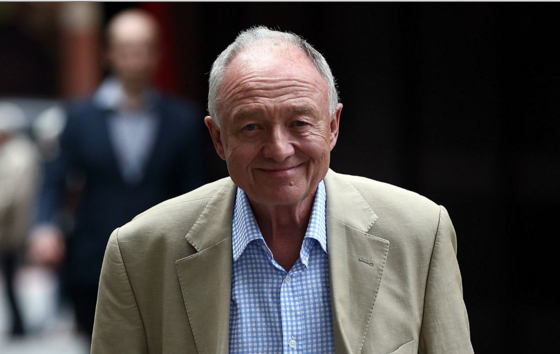‘…and set forth
A deep repentance. Nothing in his life
Became him like the leaving of it.’
(Shakespeare, Macbeth, Act 1, Scene 4).
As of the time of writing, Ken Livingstone has finally given way before his ever-growing list of critics and resigned from the Labour Party. In so doing, he has brought to an end a Labour Party career that, excepting his expulsion between 2000 and 2004, has lasted for 50 years. His career saw him become the Leader of the Greater London Council (1981-6), Mayor of London (2000-8, with the period of 2000-4 as an independent) and a trenchant supporter of Labour’s current leader, Jeremy Corbyn. To many, he is a divisive figure against whom a long list of charges of anti-Semitism and disreputable comments can be laid. To others, he is a left-wing firebrand who opposed Margaret Thatcher and Tony Blair in equal measure.
Livingstone’s more recent travails – contesting a charge of anti-Semitism over comments made in 2016 – have come to define him in the contemporary media. To clarify, the specific comments came during Livingstone’s attempt to defend Naz Shah (an MP who had herself just been suspended over claims of anti-Semitism) whilst he participated in a radio interview with BBC London. Livingstone argued that Hitler had pursued a policy of Zionism ‘…before he went mad and ended up killing 6 million Jews…’ and that an ‘…Israel lobby…’ was attempting to undermine Corbyn’s leadership. Initially suspended for the comments, his suspension was extended indefinitely by the outgoing Labour Party General Secretary earlier this year. Amid the recently high-profile troubles caused for the Labour Party over Corbyn’s perceived inaction on anti-Semitism, Livingstone’s potential future readmission to Labour was seen as distinctly problematic if the party wanted to regain lost ground with Jewish voters. The Jewish Labour Movement commented that: ‘If the Labour Party is serious about repairing its relationship with the Jewish community, there can be no future for Ken Livingstone in the Labour Party.’
However, the question remains as to how Livingstone will be remembered. Jonathan Powell, Tony Blair’s former Chief-of-Staff, has written that it takes at least 20 years (a generation) of distance before better evaluations can be made of a leader’s successes and failures. Thus, it may be that Livingstone will be given a reappraisal in years to come. Certainly, such an evaluation may choose to highlight his record of controversies – from comparing a Jewish journalist to a concentration camp guard in 2005 through to alleging that the ‘…the Tory party was riddled…’ with homosexuality. On the other hand, he may well be remembered for the successful introduction of the Congestion Charge (2003), seeking to unite London after the 7/7 bombings (2005) and for helping to found the C40, a major international coalition of cities tackling climate change (2005).
He is, therefore, a curious figure. One who, on the one hand, pursued a vision of a global and diverse London which rose to tackle the problems facing it whilst, on the other hand, consistently attracting the wrong kind of media attention for divisive and offensive language. However history judges him, perhaps the best characterisation of him came from former Labour Party leader Neil Kinnock. When asked, after his unsuccessful seeking of the party’s mayoral nomination in 2000, how Livingstone could be defined politically, Kinnock labelled him a “Kennist”. A maverick left-winger with a capacity not so much to put his foot in it as to leap in gleefully, he has been a constant figure in British politics for at least the past 37 years. He is unlikely to go quietly.
 Politics
Politics Anna Vanaga
Anna Vanaga 482
482


